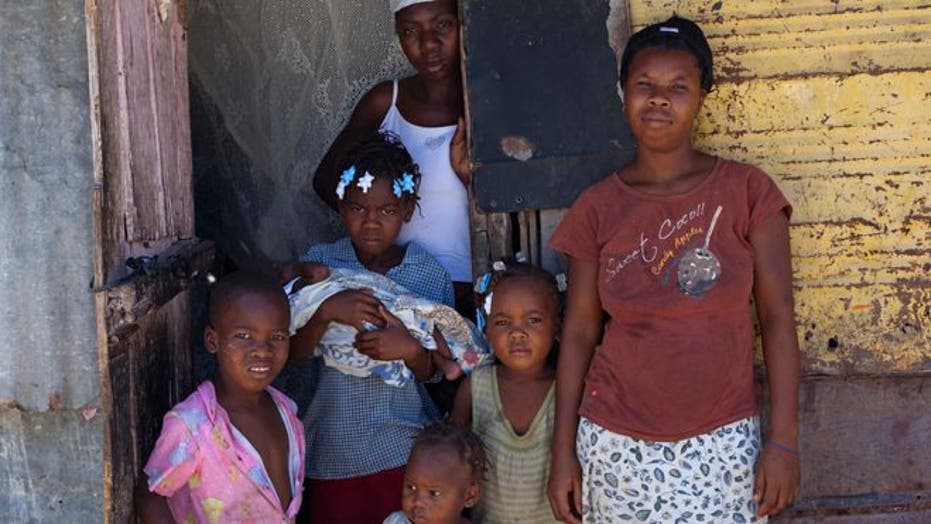Santo Domingo, Feb 3 (EFE).- – The Dominican-born children of undocumented immigrants from Haiti complained Tuesday that thousands of them will remain stateless after the passing of a February 1st deadline to apply for naturalization.
At a press conference, the Dominicans for Rights organization said that of some 53,000 potential beneficiaries of the naturalization law, just 8,755 were able to file for a birth certificate for foreigners in time. The new controversial law, signed in May, required that those born to undocumented foreign parents, many of whom are Haitian, register themselves as foreigners and re-apply for Dominican citizenship.
According to the spokesperson for Dominicans for Rights, Ana Maria Belique said that "due to the poor results," the process of implementing the naturalization law "has been a failure."
Amnesty International has estimated that the number of people this law affects is closer to 110,000 people, but yet only 8 percent were able to apply, now the rest remain stateless.
"This could leave thousands at risk of possible expulsion from the country,” said Erika Guevara Rosas, Americas Director, Amnesty International in a press release. "Even if these people are able to stay in the Dominican Republic after the deadline expires, their futures are woefully uncertain. While the terms ‘resident’ and ‘stateless’ might seem bureaucratic, in reality legal citizenship can be vital to open up access to education, healthcare and work, among other fundamental rights.”
- Oscar de la Renta mourned in his native homeland, government declares day of grieving
- Dominican Immigrant Launches Startup That Eases Money Transfers To Latin America
- Collection of Nativity scenes is long-time family tradition
- Dominican-American Author Julia Alvarez Says Receiving National Medal Of Arts Was ‘Surreal’
- Pope on priest sexual abuse case in Dominican Republic: ‘The truth must prevail’
- Viva Cuomo! New York Governor Star Of NYC’s Dominican Day Parade
- Flag Controversy Divides Hispanics In City Rife With Ethnic Tension
According to Belique, the Interior and Police Ministry has not provided the people in question with "any document that ... provides them with information about their legal status" in Dominican territory. In addition, she said that, so far, from among a sample of 2,650 cases, "none has received a response" from the ministry.
The new document is necessary in the Dominican Republic to acquire a residency and work permit, register for school or register to vote. Many children of migrants never received their birth certificate because they weren't born in a hospital and were rebuffed by government officials when they tried to apply for them later.
Activists, like Guevara Rosas, say the government has created "impossible administrative hurdles" to effectively strip thousands of their right of citizenship. According to Belique, the process "has been blocked by administrative and political obstacles, including the 100 percent increase in the fee for legalization services."
“It is about time to put an end to this crisis. The simple fact is that when the vast majority of these people were born, the Dominican law at the time recognized them as citizens," Guevara Rosas said.
Belique urged the authorities to find "a Dominican and reasonable solution to the problem of civil registry," at the same time that she warned that her organization will resort to all national and international courts "until civil recognition and domestic social inclusion of all Dominicans and Dominicans of foreign origin is achieved."
In the past, the Dominican government cited unofficial estimates of around 1 million Haitians living in the country, most of them illegal immigrants working in agriculture and construction.
The Dominican Republic and Haiti share the Caribbean island of Hispaniola, with Haiti in the western portion.
Though both countries are poor, Haiti is destitute, and Haitians cross the border to do work that many Dominicans will not do, such as harvesting sugarcane.
Haitians have been the target of mob violence in recent years and the Dominican government has been widely criticized for its treatment of the migrants.
Based on reporting by EFE and the Associated Press.
Like us on Facebook









































